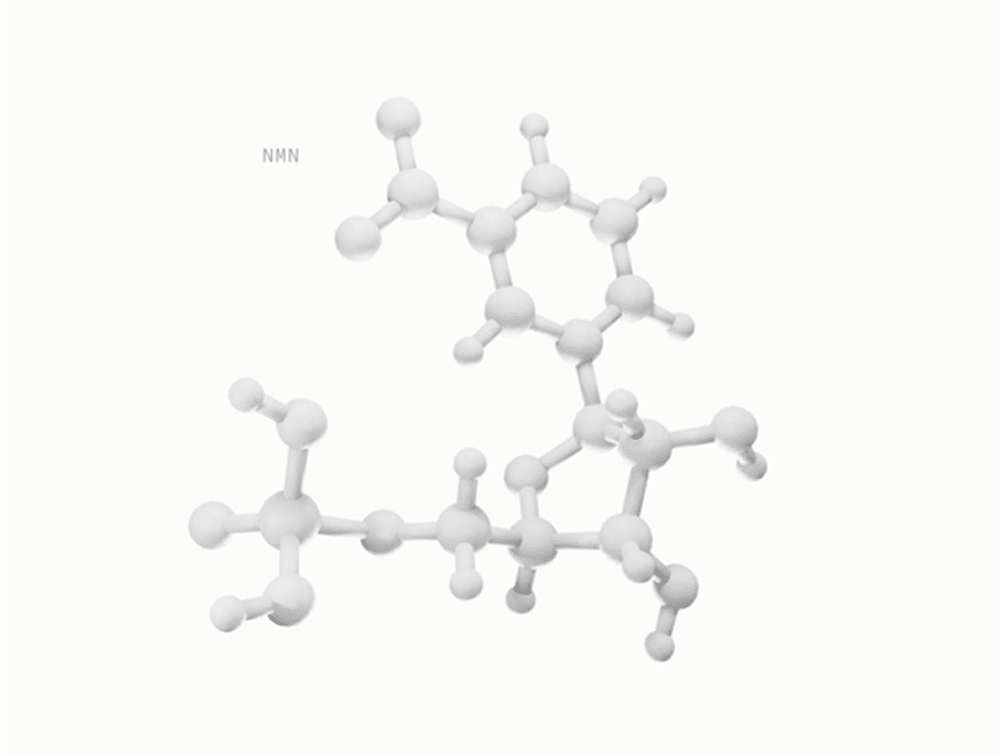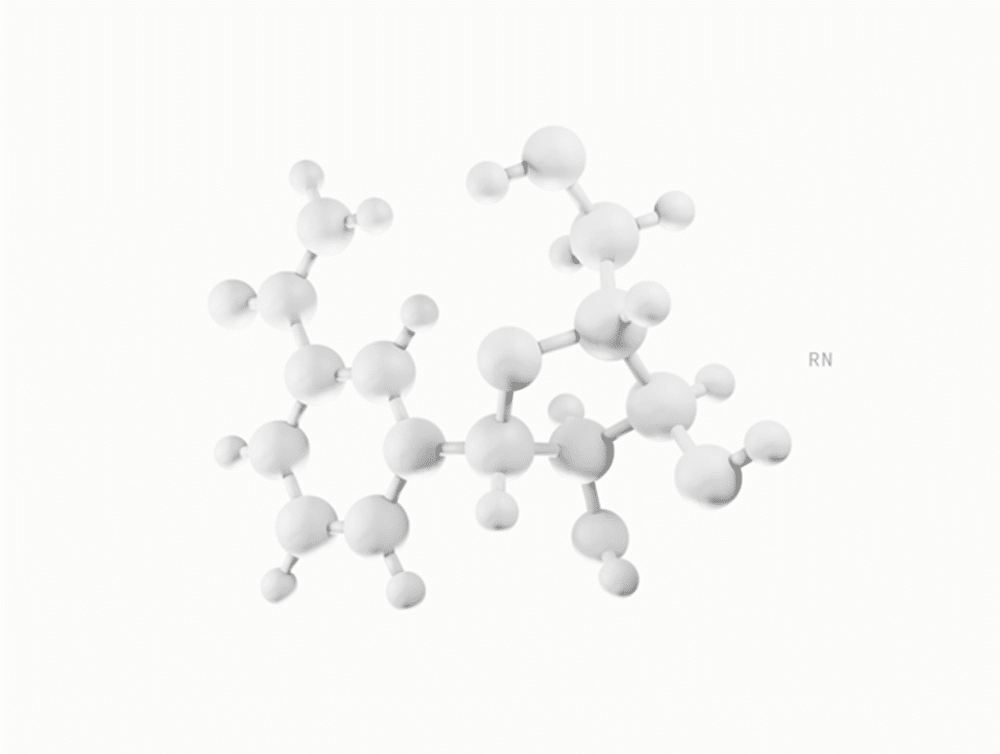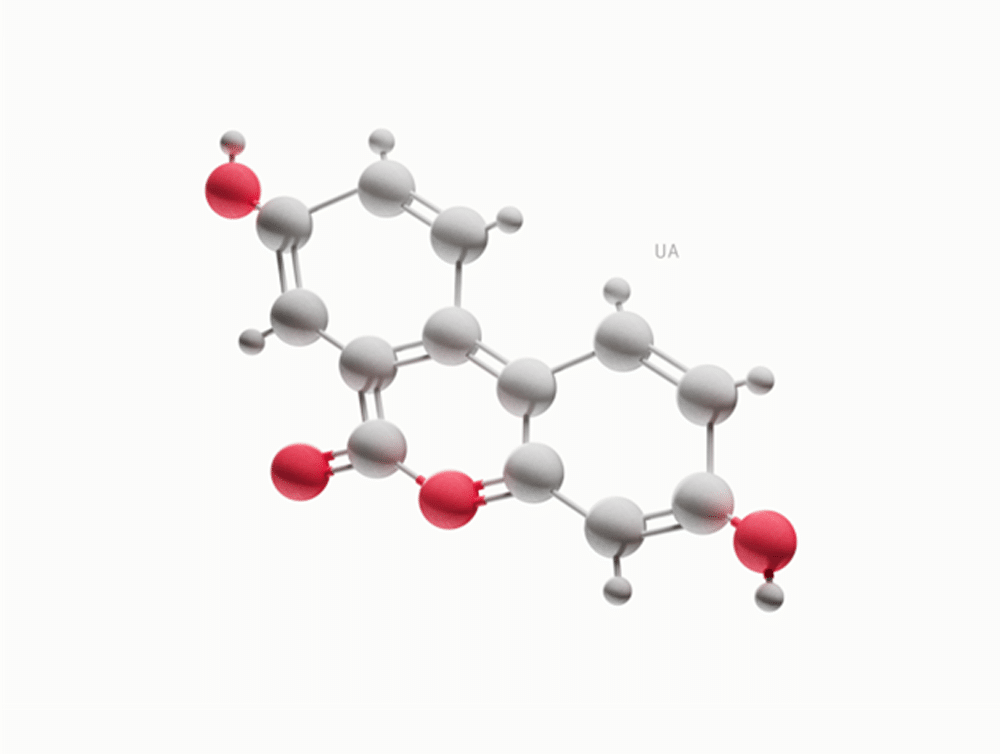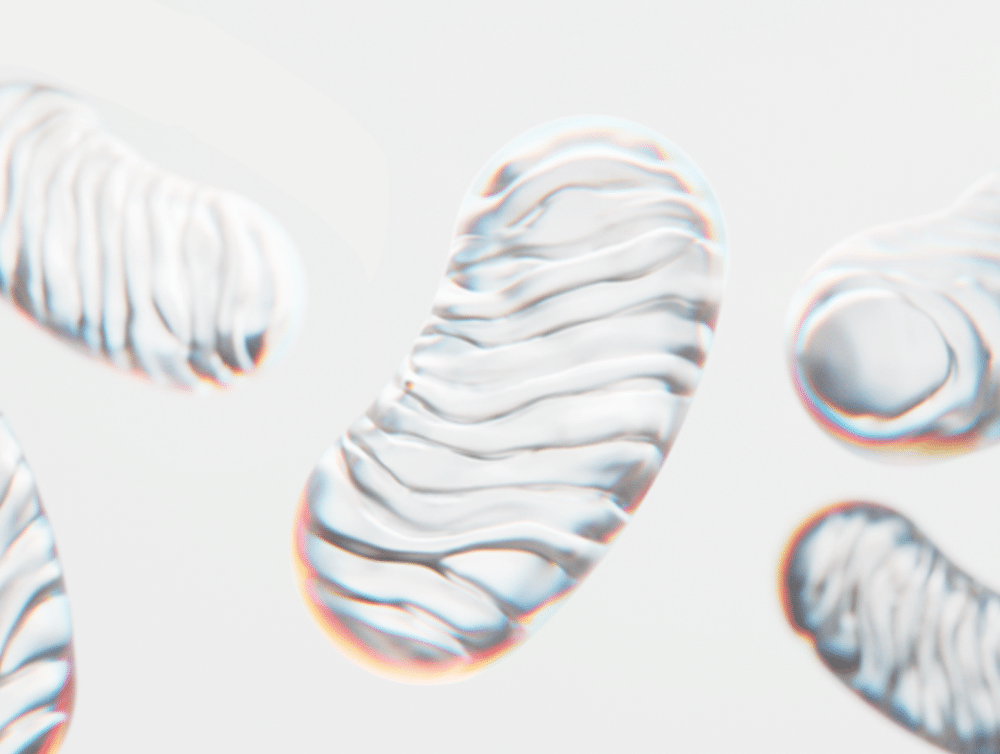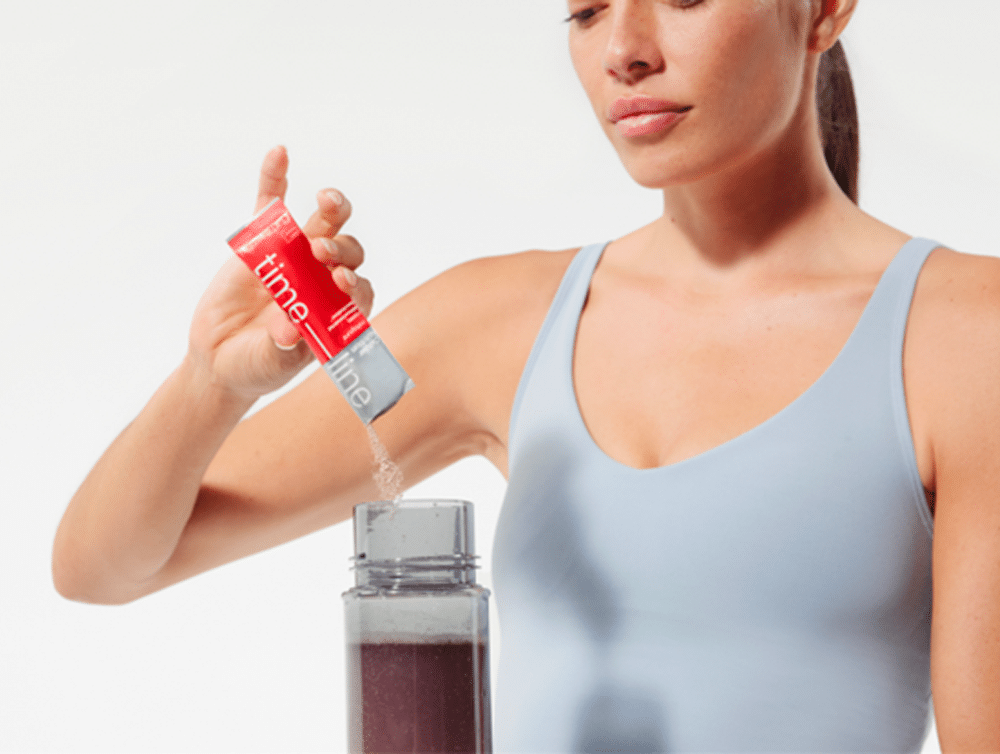
Aging may be unavoidable, but its negative side effects don’t have to be.
In the world of biohacking and optimizing human performance, there’s no shortage of supplements marketed to alleviate the downsides of growing older. And among these supplements, options that target mitochondria health, such as NMN, NR, and Urolithin A, have become particularly popular.
However, recent regulatory changes, such as the classification of NMN as a drug by the FDA, have prompted individuals to explore alternative options[1].
So where does this leave us? Which supplements are safe for upgrading our mitochondria, and which should we avoid?
For those of you seeking to hack your way to cellular optimization, this article will dive into the research behind these three popular mitochondrial supplements and clear up some of the confusion.
Three Popular Mitochondria Biohacking Supplements
#1 NMN – Nicotinamide Mononucleotide
First, let’s talk about why NMN gained so much popularity in the first place. NMN stands for nicotinamide mononucleotide, which is a precursor to the vital coenzyme NAD+ (nicotinamide adenine dinucleotide). NAD+ is involved in many physiological processes, including sirtuin function, mitochondrial biogenesis, stem cell renewal, and inflammatory control.
As we age, NAD+ levels decline, leading to several health issues, including reduced energy production in mitochondria, oxidative stress, DNA damage, and inflammation[2]. To counteract this decline, many turned to NMN supplementation.
While NMN naturally occurs in various plant and animal sources, supplementation helps bridge the gap and elevate NAD+ production in our cells. Human studies on NMN supplementation have demonstrated positive effects on age-related complications, likely due to the association between age-related diseases and mitochondrial dysfunction[3].
#2 NR – Nicotinamide Riboside
Following the FDA’s ban on NMN as a supplement, some individuals have turned to another NAD+ precursor: Nicotinamide Riboside (NR). But is NR a good alternative?
Animal research shows positive effects on neuroinflammation, fibrosis, and aging, but there’s still insufficient human research to substantiate these claims at present[4]. While initial human trials have shown that NR supplementation can raise NAD+ levels, it is unclear if this translates to health benefits like improved muscle strength or endurance[5].
What’s more, there are some recent concerns regarding NR supplementation and uncontrolled cell growth.
One study showed that high doses of NR supplementation might increase the risk of breast cancer metastasis. This study was a preclinical trial, meaning it wasn’t done in humans. Nevertheless, it demonstrates the need for human trials to better understand the potential safety and impact of NR supplements[6].
#3 UA – Urolithin A
In the absence of NMN availability and potential concerns with NR, a third longevity supplement has emerged; Urolithin A (UA). Urolithin A is a naturally occurring postbiotic metabolized by the gut microbiome after consuming a specific type of polyphenol found in pomegranates, walnuts, and some berries.
Studies show that UA may support longevity by improving mitochondrial energy production. It does this by triggering a mitochondrial renewal process called mitophagy, and it’s the only molecule clinically proven to stimulate mitophagy in humans[7].
Why Mitophagy Matters
There are several ways to support mitochondrial health, but optimizing mitophagy should be at the foundation.
Why?
Because sustaining adequate levels of mitophagy is critical to recycling dysfunctional mitochondria. This ensures the overall health and functionality of cells by maintaining a pool of healthy energy-producing organelles. Additionally, mitophagy levels naturally decline as we age, as does the functioning of our mitochondria.
To help you understand the difference between how these mitochondrial molecules work, imagine your mitochondria as a brand-new dishwasher, and NMN and NR are the detergents.
Every time you run your dishwasher, it produces fresh, clean dishes. However, we all know that dishwashers don’t last forever, and over time they wear down and don’t clean as well as they used to. You can try adding more detergent (NAD+ precursors), but that won’t help a broken dishwasher produce cleaner dishes.
Eventually, you’ll need to repair the dishwasher or replace it with a new one – that’s where mitophagy comes in.
Urolithin A Vs. NMN and NR
Although NMN and NR certainly have their upsides, in my opinion, it’s pretty clear that Urolithin A is the best choice in terms of safety, quality, and efficacy, and here’s why:
- For NMN and NR to work, they need to convert to NAD+. This puts you at the mercy of rate-limiting enzymes inside your cells. On the other hand, direct supplementation with bioavailable Urolithin A is available and ready for your cells to use immediately without dealing with enzymatic processes.
- Like in the dishwasher analogy, adding more detergent will not fix the issue if the dishwasher is broken. Taking NMN or NR may be able to increase the amount of NAD+ in the cell, but it will not be able to fix the dysfunctional mitochondria.
- Urolithin A has an exceptional safety and tolerability profile on top of its proven benefits. So we know it works (in humans) with no known risks or concerns.
How To Get Adequate Urolithin A
We don’t get Urolithin A directly from the food we eat. Instead, we rely on our gut microbiome to make it. But as we know, most of us don’t have a healthy gut microbiome to support production.
In fact, clinical research shows that only 30-40% of the population can produce Urolithin A, and to produce the amount you would get from direct supplementation, you’d have to drink six glasses of pomegranate juice[8].
Who’s got time for six glasses of pomegranate juice?
That’s why I stick to a high-quality Urolithin A supplement like Mitopure®.
Mitopure® is a highly pure and precise dose of Urolithin A that’s clinically studied for its role in optimizing mitophagy and promoting healthy aging. Human studies with Mitopure have demonstrated favorable outcomes in age-related factors such as muscular strength, muscular endurance, and reduced inflammatory markers[9][10].
Furthermore, unlike the other mitochondria supplements covered in this article, no adverse effects have been reported.
Takeaway
In the quest for choosing the best mitochondrial support supplement to help promote healthy aging, you have to consider efficacy, safety, and availability. While NMN and NR have gained attention for their ability to increase NAD+ levels, recent regulatory changes and safety concerns have prompted me to explore alternative options.
If you know anything about me, you know that I take mitochondrial health very seriously. Therefore, I’m sticking with Urolithin A.
References
- https://www.regulations.gov/document/FDA-2022-S-0023-0051
- Nadeeshani, Harshani, et al. “Nicotinamide mononucleotide (NMN) as an anti-aging health product–promises and safety concerns.” Journal of advanced research 37 (2022): 267-278.
- Yi, Lin, et al. “The efficacy and safety of ?-nicotinamide mononucleotide (NMN) supplementation in healthy middle-aged adults: A randomized, multicenter, double-blind, placebo-controlled, parallel-group, dose-dependent clinical trial.” GeroScience 45.1 (2023): 29-43.
- Sharma, Chiranjeev, Dickson Donu, and Yana Cen. “Emerging Role of Nicotinamide Riboside in Health and Diseases.” Nutrients 14.19 (2022): 3889.
- Martens, Christopher R., et al. “Chronic nicotinamide riboside supplementation is well-tolerated and elevates NAD+ in healthy middle-aged and older adults.” Nature communications 9.1 (2018): 1286.
- Maric, Tamara, et al. “A bioluminescent-based probe for in vivo non-invasive monitoring of nicotinamide riboside uptake reveals a link between metastasis and NAD+ metabolism.” Biosensors and Bioelectronics 220 (2023): 114826.
- D’Amico, Davide, et al. “Impact of the natural compound urolithin A on health, disease, and aging.” Trends in molecular medicine 27.7 (2021): 687-699.
- Singh, Anurag, et al. “Direct supplementation with Urolithin A overcomes limitations of dietary exposure and gut microbiome variability in healthy adults to achieve consistent levels across the population.” European journal of clinical nutrition 76.2 (2022): 297-308.
- Singh, Anurag, et al. “Urolithin A improves muscle strength, exercise performance, and biomarkers of mitochondrial health in a randomized trial in middle-aged adults.” Cell Reports Medicine 3.5 (2022): 100633.
- Liu, Sophia, et al. “Effect of urolithin A supplementation on muscle endurance and mitochondrial health in older adults: a randomized clinical trial.” JAMA network open 5.1 (2022): e2144279-e2144279.
